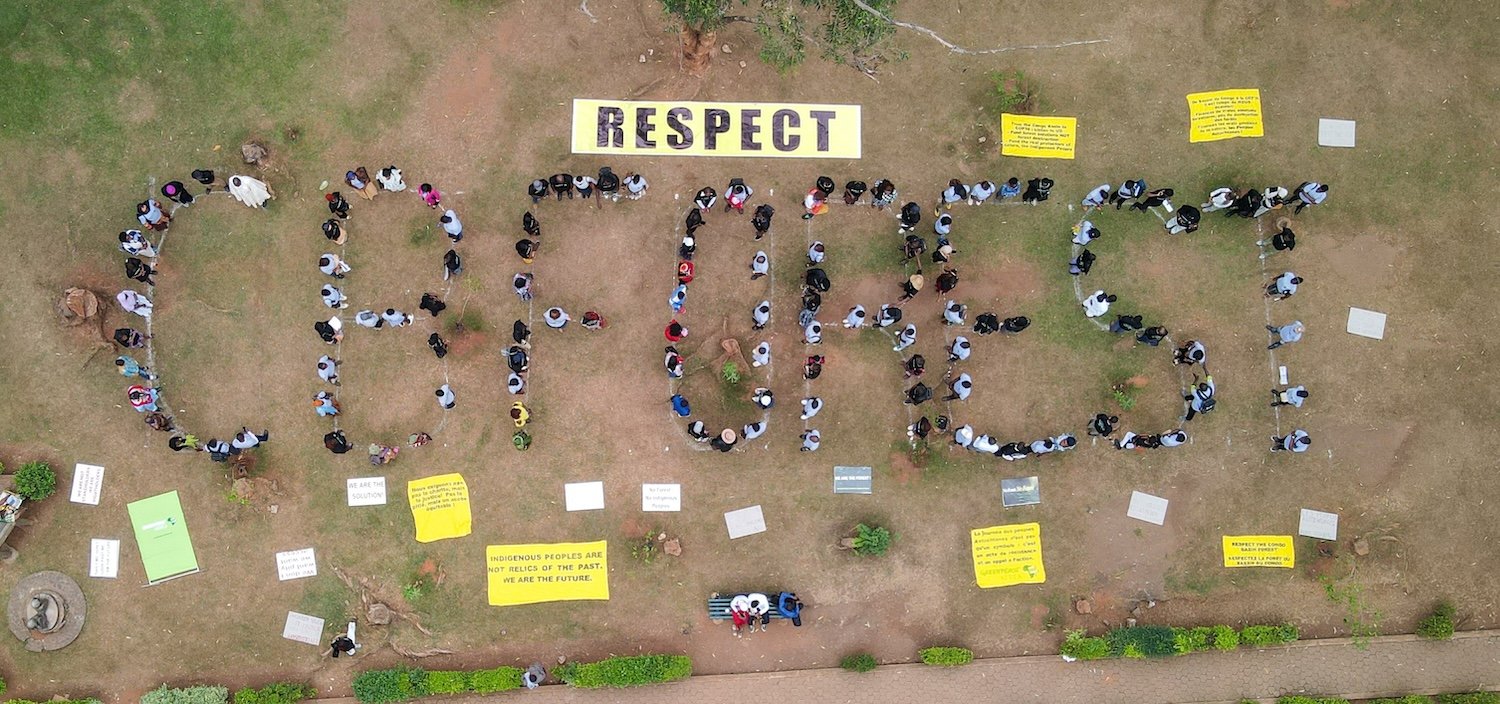Over the past couple of weeks, Kenya’s social media has been awash with the hashtag #lowerfoodprices. With some social media users calling on President Uhuru Kenyatta to act on the skyrocketing food prices. Several political leaders have been named and blamed for the current food price hikes.
Data from the Kenya National Bureau of Statistics proves that indeed between February 2021 and February 2022, food prices increased by a whopping 8.69%. A 2kg packet of Maize flour; a staple food in most Kenyan households, that retailed at kshs. 118.05, in February 2021 rose to kshs. 129.25 in February 2022. Similarly, a litre of cooking oil that retailed at Kshs 236 in February 2021 rose to Kshs 312 in February 2022. So high are the food prices that most Kenyans are opting to either have one meal a day or forgo it all together, particularly the low income households.
An estimated 2.4 million Kenyans in the arid and semi arid areas are experiencing high levels of acute food insecurity. It is not surprising that the Global Hunger Index 2021 ranks Kenya 87th out of the 116 countries with a score of 23.0 denoting that Kenya has a level of hunger that is serious.
Access to food is a basic necessity and a right as per article 43 (1) ( c) of the 2010 Kenyan constitution. But Kenyans continue to starve as food is either unavailable or they lack financial resources to purchase it. Is it right to say that the Kenyan government under the leadership of President Uhuru Kenyatta has failed Kenyans?
The Galana Kulalu irrigation scheme is a poignant example of our government’s failure of its citizens. The scheme had the potential to produce more food for the country in turn lowering food prices, but it never materialised and Kshs. 7.2 billion just went unaccounted for. The government has also made it difficult for Kenyans to access food either through high taxes, bad policies, or lack of proper extreme weather management strategies.
The duty of the government is to make sure that its people are food secure by providing an environment for agricultural activities to thrive. Agriculture is a key sector in Kenya, it employs around 70% of the rural population and 40% of the total population. However, the increase in the cost of food production has led to a decline in employment within the sector. Statistics show that between 2010 and 2020, employment in the agriculture sector declined from 60.3% to 53.8%. This is a huge percentage for a sector that is relied upon to sustain the economy.
It is time for the government to act swiftly and lower the food prices. To do so it needs to enact farmer friendly policies and laws that support farmers to produce more.
Extreme weather events associated with climate change have been rampant in Kenya with floods, high temperatures, erratic rainfall and drought being predominant. These events challenge agricultural productivity as smallholder farmers depend on weather seasons to grow food. Whereas legislation to address climate change impacts, mitigation and adaptation exists. Its result-based implementation is still lacking in major areas.
The extreme weather events make farming a high risk project, a fact the national and county governments ought to realise and have policies that mandate the government to offer government paid crop insurance to farmers. Farmers need their crops and livestock insured by the government for losses they incur when extreme weather events such as droughts and floods occur. This assures farmers of returns in the occurrence of natural calamities which curbs hikes in prices of food.
The government also needs to invest in more water conservation projects among farming communities that store run off water during the rainy season to be used during the drought seasons. It also needs to invest in more crop diversification programmes to help farmers adjust to the prolonged drought conditions. Doing this will enable farmers to continue producing despite the occurrence of these extreme weather events.
To produce food, farmers need farming inputs such as seeds. The government through effective laws needs to zero rate the value added tax on farming inputs particularly those that do not contaminate the environment. If all agricultural inputs are zero rated across the board, then cost of production will lower as a consequence, the food prices will go down.
Laws and policies that govern energy consumption ought to be reviewed. Energy plays a critical role in the production, storage and transportation of food. Farmers need energy to grow, harvest and transport food. Due to high taxation, energy prices have significantly risen and this price increase passed to the consumer through food prices. Through policy, legislators need to regulate the amount of taxes paid on items such as fuel and also invest more in renewable energy for food producers to access clean energy at cheaper prices in order to reduce the current high prices of food.
The distribution licences and multiple fees paid in each county by food suppliers increase the cost of distributing goods and services which lead to an increase in food prices. Whereas counties are allowed by the constitution to raise revenue to sustain themselves, there is a need for a harmonised policy on the free movement of food products within counties in order to lower food prices.
There is also a need for the government to pass laws that bar counties with fertile soils from converting all their fertile agricultural land into real estate developments as this diminishes the available land for agriculture which in the long run affects the availability of food and in turn the prices. Properly thought out infrastructure investment is key in reducing food loss. Both the county and national government need to assess the infrastructural needs and invest accordingly either for value addition or storage of farm outputs.
It is time for the government to prioritise the immediate needs of Kenyans, for a hungry man is an angry man and an angry person cares little where his anger strikes.
By Claire Nasike
Food Campaigner, Greenpeace Africa.
Article originally published by The Business Daily




Discussion
Truly Kenyans are suffering due to high food prices. Kenyan University Students or "comrades" have never been left behind in the starvation cells– locked without hope. Something has to be done soon.
Truly disheartening, this capitalistic culture of exploiting farmers to thrive threatens the livelihoods of many small-scale farmers.